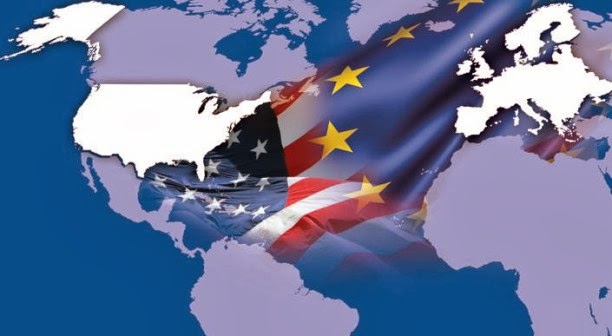UN expert: TTIP must not forget human rights

According to Alfred de Zayas, TTIP, Tisa and Ceta, trade agreements under negotiation or coming to ratification are tainted by "without democratic legitimacy" negotiations and contain aspects that deny "the raison d'être" of the nation and the enterprise.
The Cuban author, currently professor of international law at the School of Diplomacy and International Relations in Geneva (Switzerland), also holds the positions of the Independent Expert for the promotion of fair and democratic international order of the United Nations.
Last June, he expressed his vision on the three international agreements that aim to harmonize and liberalize the markets US, EU and Canada: "treaties in secret preparations and negotiations, excluding key stakeholders such as trade unions, consumer associations, health professionals and experts of the environment and current parliaments, have no democratic legitimacy ", de Zayas wrote," alienating the public from participating in this important debate and undemocratic and shows profound contempt for people in ".
The press release, released by his office of High Commissioner for Human Rights, also emphasizes a strong criticism of the protection provided for investments in the TTIP and Ceta; in short, it is the possibility, by companies, to appeal to independent courts from state to ask millionaires reparations to states that damage the interests of private companies in pursuing the public interest.
"States should not enter into agreements that delay, circumvent or render impossible the realization of human rights," writes de Zayas, who previously had written to the Council of Europe that "two ontologies seemed to be lost in the narrative company driven by ideology: first the ontology of the State, whose raison d'être is to make laws in the public interest […], and secondly the ontology of the business, which is to take calculated risks for a profit. "

